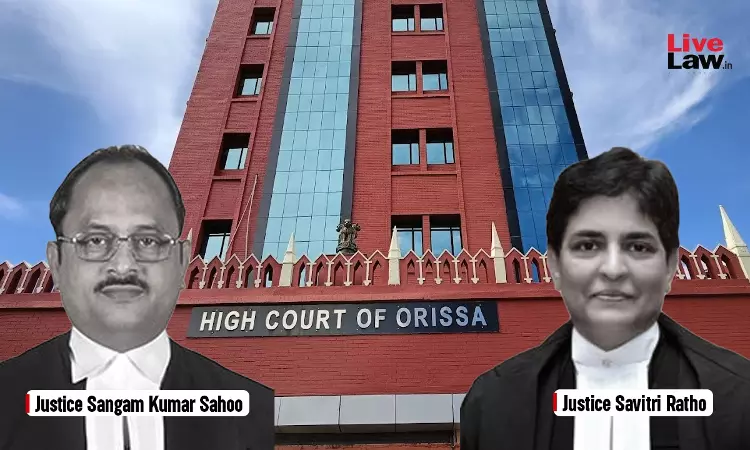The Orissa High Court has reiterated that criminal prosecution and disciplinary proceedings can go on simultaneously against a delinquent employee and there is no need to keep the disciplinary actions in standby until the conclusion of the criminal trial.While ingeminating the position of law, the Division Bench of Justice Sangam Kumar Sahoo and Justice Savitri Ratho held, “It is,...

